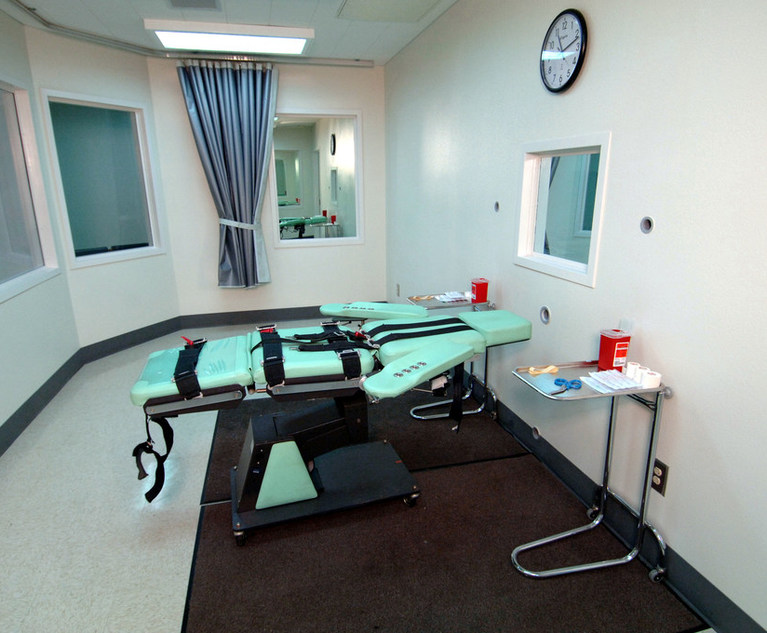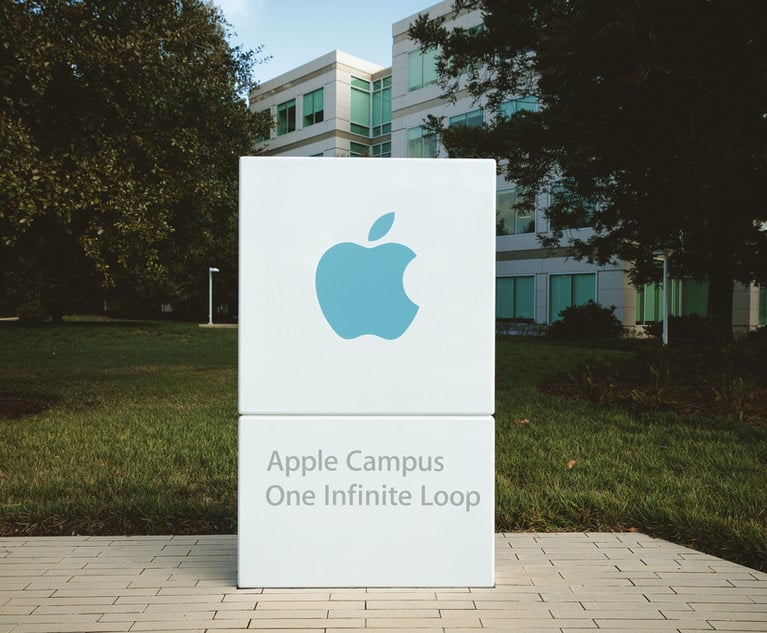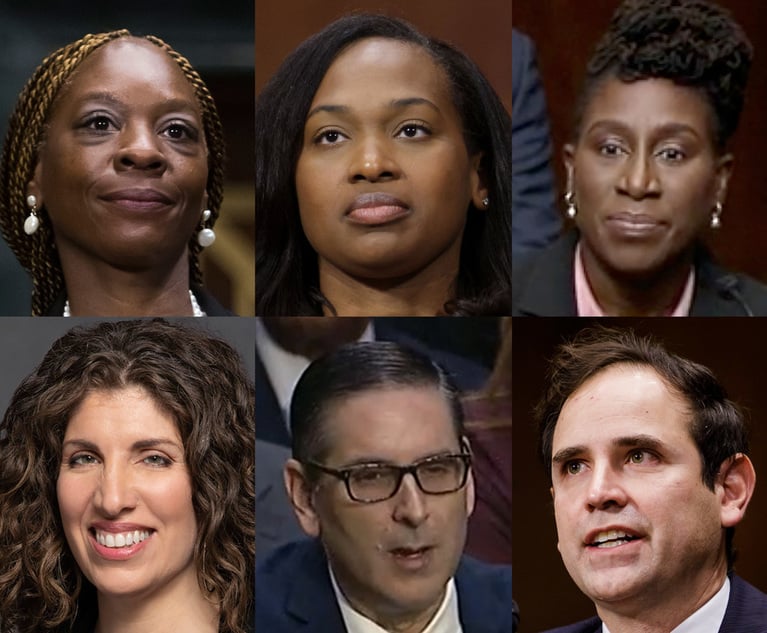The Supreme Court has decided a difficult and controversial case while at the same time leaving crucial questions unanswered: (1) Did the Colorado Civil Rights Commission violate a commercial baker’s First Amendment rights by ruling that the baker ran afoul of Colorado’s Anti-Discrimination Act by refusing to sell and create a wedding cake for a same-sex couple? (2) Do same-sex couples have the right under Colorado law to buy a wedding cake from a commercial baker in that state? Instead of providing any guidance about these significant issues, in Masterpiece Cakeshop, Ltd. v. Colorado Civil Rights Commission (decided June 4, 2018), a 7-2 decision written by Justice Kennedy, the court issued a remarkably narrow and restrained spinion, focusing on whether the state commission had treated the baker fairly or had, instead, failed to afford him the required “neutral and respectful consideration” of his “sincerely held religious beliefs.” Because the court found that the commission had not done so, it ruled for the baker and against the same-sex couple. In all, the justices issued five separate opinions, with only Justices Ginsburg and Sotomayor dissenting.
The facts are straightforward. In 2012, Jack Phillips, a devout Christian, expert baker, and owner of Masterpiece Cakeshop, refused to sell a wedding cake to a same-sex couple, although he agreed to sell them any other type of baked goods. At that time, same-sex weddings were not lawful in Colorado, and the couple intended to be married in Massachusetts but return to Colorado for the celebration. Phillips argued that “to create a wedding cake for an event that celebrates something that directly goes against the teachings of the Bible would have been a personal endorsement and participation in the ceremony and the relationship that they were entering into.” Thus, he argued that applying the Colorado Anti-Discrimination Act to require him to create a cake for a same-sex wedding would violate his free speech rights by compelling him to use his artistic talents to convey a message with which he disagreed and also would violate his right to religious freedom. The ACLU, on behalf of the couple, argued that Phillips’ actions violated Colorado’s public accommodations law, which forbids businesses that serve the public from denying services on the basis of race, sex and sexual orientation.


 Human Rights Campaign representatives held a brief press conference outside the U.S. Supreme Court prior delivering an amicus brief in support of equality and gay couples in the case Masterpiece Cakeshop v. Colorado Civil Rights Commission, on Monday, October 30, 2017. / Photo: Diego M. Radzinschi/ALM
Human Rights Campaign representatives held a brief press conference outside the U.S. Supreme Court prior delivering an amicus brief in support of equality and gay couples in the case Masterpiece Cakeshop v. Colorado Civil Rights Commission, on Monday, October 30, 2017. / Photo: Diego M. Radzinschi/ALM




